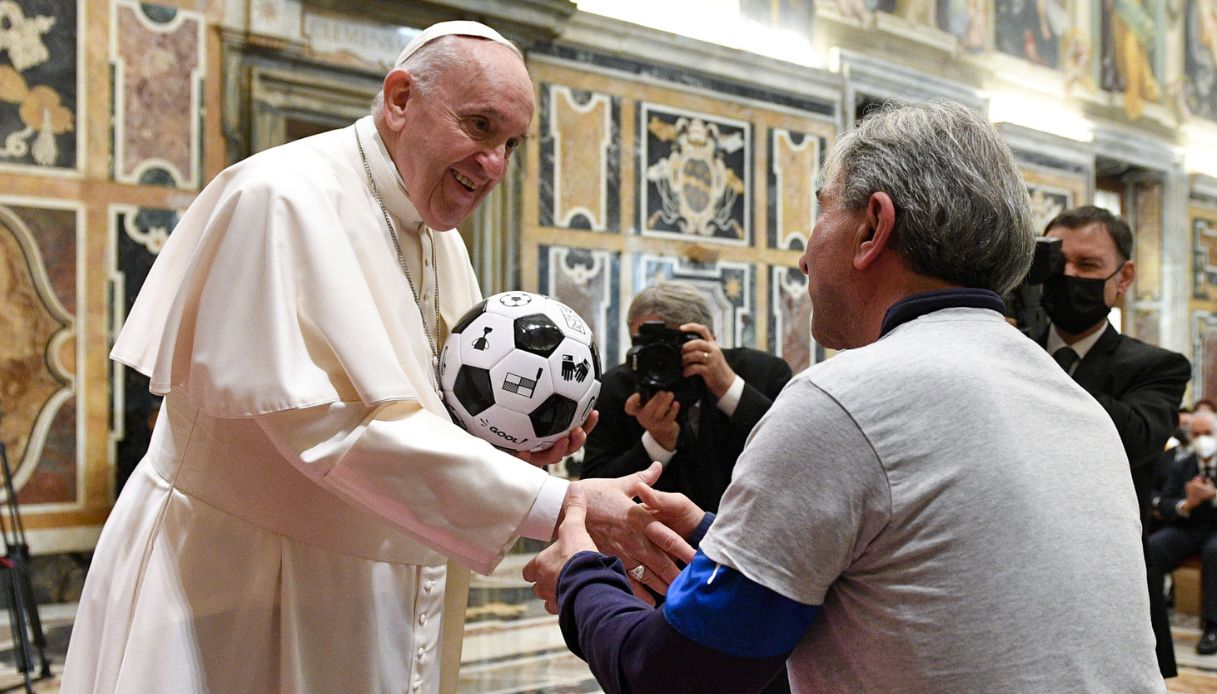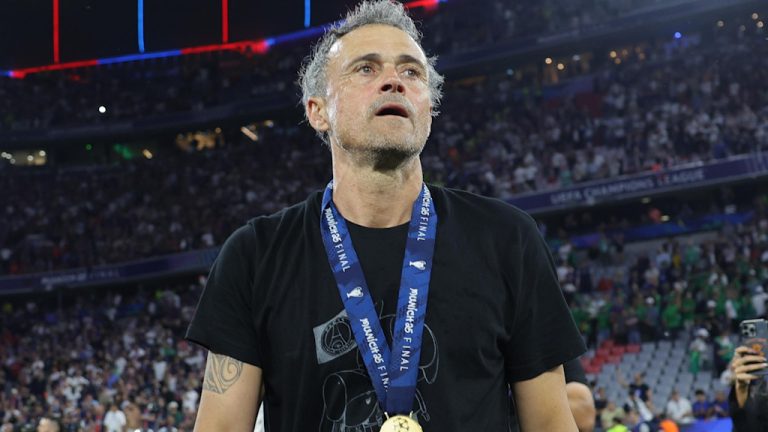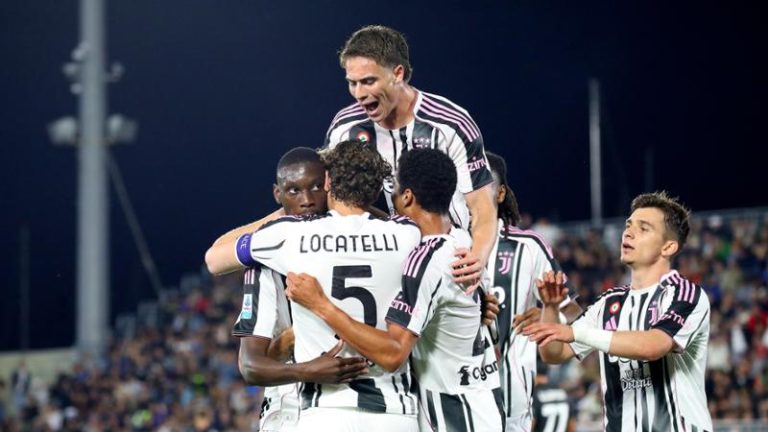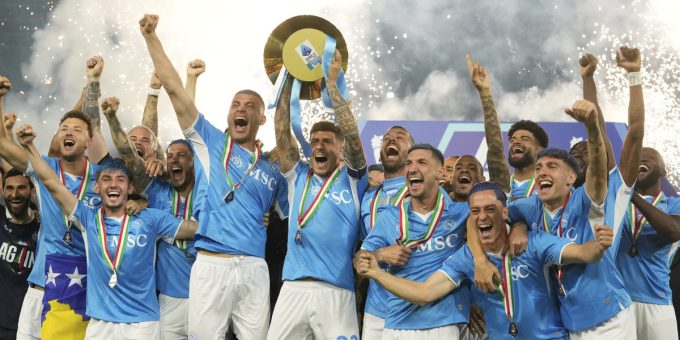The death of Pope Francis has upended an already congested Italian football calendar, with the league’s response walking a fine line between mourning and controversy.
Four Serie A matches were originally scheduled for Easter Monday, part of Matchday 33: Parma-Juventus, Cagliari-Fiorentina, Torino-Udinese, and Genoa-Lazio. But on Monday morning, news broke of the Pope’s death, prompting the league to postpone all games out of respect for the national period of mourning—this, in a country that is officially secular but still deeply rooted in Christian tradition.
The postponements forced the league to find space for makeup games in an already-packed calendar, all without compromising the integrity of the season—which remains wide open in the Scudetto race, European qualification, and the relegation battle. The solution was to play all four rescheduled matches today, Wednesday, April 23rd, simultaneously at 6:30 PM local time. This allows the evening’s marquee event, the Coppa Italia semifinal second leg between Inter and Milan, to kick off as scheduled at 9 PM, without any conflicts.
But there’s more. The Pope’s funeral, scheduled for Saturday, has also forced changes to the Matchday 34 schedule. Originally, three games were set for Saturday, April 26: Como-Genoa at 3 PM, Inter-Roma at 6 PM, and Lazio-Parma at 8:45 PM. Following the recommendations in Tuesday’s government decree (April 22) and under advisement from CONI president Giovanni Malagò, all sporting events scheduled for that day were suspended. As a result, the affected fixtures have been moved to Sunday and Monday: Como-Genoa will now take place Sunday at 12:30 PM, Inter-Roma at 6 PM the same day, and Lazio-Parma will wrap things up Monday night at 8:45 PM.
So much for the factual timeline. But, as expected, controversy has followed.
Lazio issued a strongly worded statement against the Lega Serie A, criticizing the handling of the situation—particularly the timing—and claiming to have been logistically disadvantaged. Inter initially pushed back against the postponement of their match against Roma to Sunday, citing their upcoming Champions League semifinal as a concern, but later backtracked and accepted the league’s decision.
Many critics argue that in a secular state with a constitution that guarantees freedom of religion, it is neither justified nor appropriate to treat the Pope’s passing as a “national” tragedy. The debate has been raging for two days, playing out across traditional media and social platforms alike. In such a polarized environment, finding a middle ground—or even a shared understanding—is nearly impossible, as the discussion rests on fundamentally opposing premises.
Is Italy a secular state? Yes. Is it also a country historically intertwined with Christianity, to the point of hosting the Vatican? Also yes. Does the constitutional guarantee of religious freedom sit uncomfortably with the declaration of national mourning for the head of just one faith, when no such honors are extended to the leaders of other religions? Certainly. Yet Italy also celebrates Christmas and Easter as public holidays, both tied to Christian events, and even self-proclaimed secular citizens generally accept and enjoy these breaks from work. In short, many of those calling now for strict secularism have never taken to the streets to demand the removal of Christian holidays that let them stay home. That’s an undeniable contradiction.
I could go on for pages, but the point is already clear: there is no objective “right” here. The core of the controversy lies in the overlap of two deeply rooted belief systems—religious faith and football fandom. In Italy, football has been a sort of secular religion for more than a century, complete with rituals, idols to worship, and legions of devoted “believers.” To cancel football in the name of another religion—even one as historically and culturally dominant as Christianity—inevitably sparks tension. Not for everyone, of course, but for many. Hence, the uproar.





